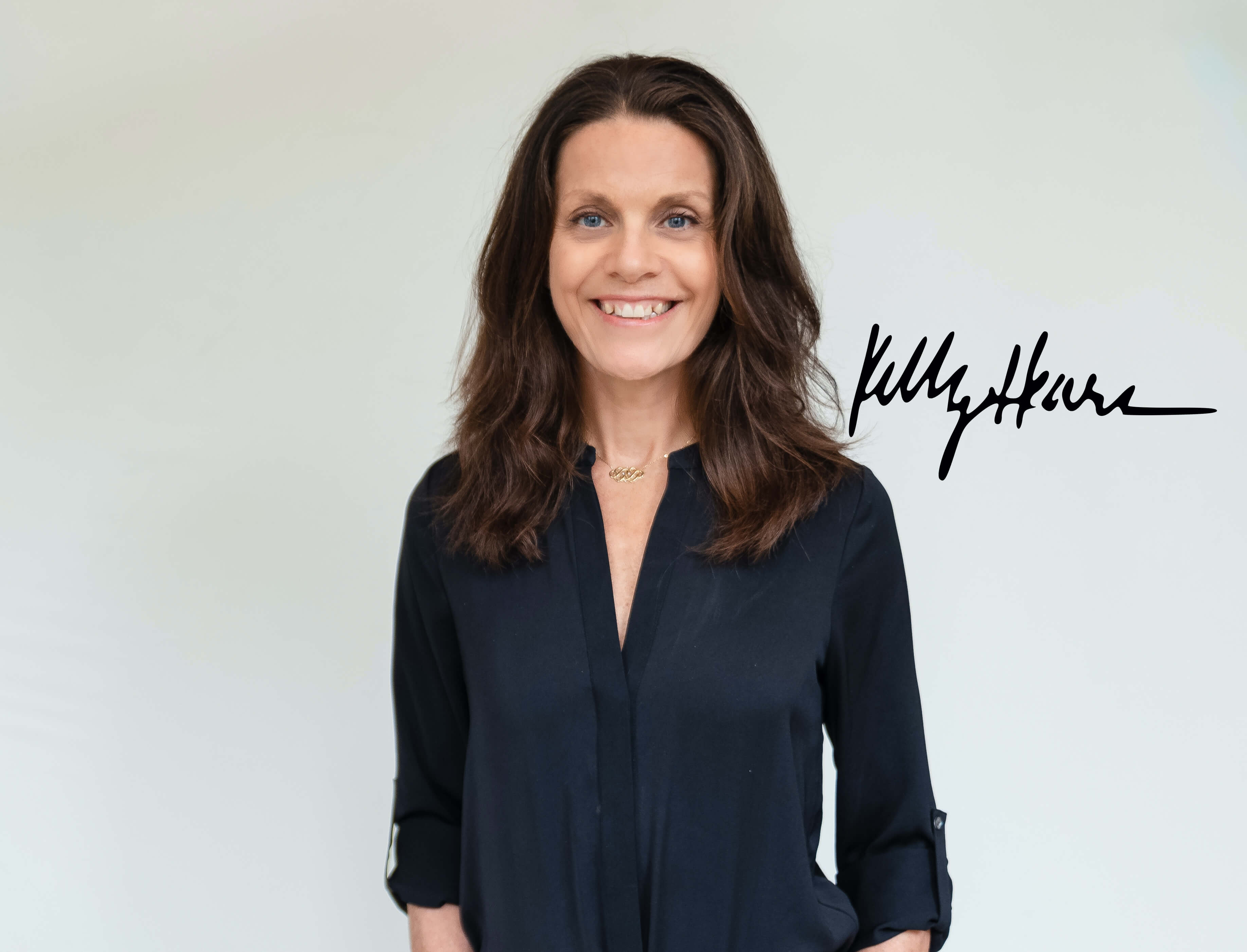Dear Therapist,
I had a very rough upbringing and left home at sixteen. I'm now 28 and have a good job, friends and home. One lingering problem I have from youth is extensive use of substances mostly weed and alcohol to manage stress. As I get older, I seem to be relying on these more rather than less as I had hoped. And my boss recently called me out on my habits and suggested my job may be at risk if I don't sort myself out she offered to help .
It is time to look at this more seriously. I don't think I need to check myself into rehab but am wondering where to start if I am doing this on my own.
Signed,
Time to Grow Up
Dear TTGU,
I'm so glad you wrote. It is entirely understandable you developed some coping mechanisms to numb what sounds like overwhelming childhood pain. Adult you is now in safer conditions and better equipped to deal with adversity so these behaviours are outdated and unhelpful. You have already started a process by speaking with your boss and writing to me.
I don't think you should do this on your own. Connection is an important part of the healing process. Through others - friends, therapists, recovery groups, memoirists - we discover how thoroughly human our struggles are and receive empathy and support to cultivate healthier habits. I'll quote from one now - author Laura McKowen who wrote We Are the Luckiest: The Surprising Magic of a Sober Life. Although initially meant for people recovering from substance abuse, Laura's 'nine truths' are widely applicable.
- It is not your fault.
- It is your responsibility.
- It is unfair that this is your thing.
- This is your thing.
- This will never stop being your thing until you face it.
- You cannot do it alone.
- Only you can do it.
- You are loved.
- We will never stop reminding you of these things.
For a short list, it covers a lot: Empathy, agency, realism, communion, love and perseverance. We can all linger for more than a moment on each of these nine, but I'd invite you to take heed of number six and explore what supports you can enlist through work or other. You will then figure out next steps.
'Do the next right thing' has long been the recovery community's saying for breaking down the journey into manageable actions, and it was a concept Carl Jung advocated as well. Wishing you all best with it.
Yours,

Do you have a question for Dear Therapist? Send it to [email protected] with Dear Therapist in the subject line and Charlotte Fox Weber or Kelly Hearn will get back to you.

